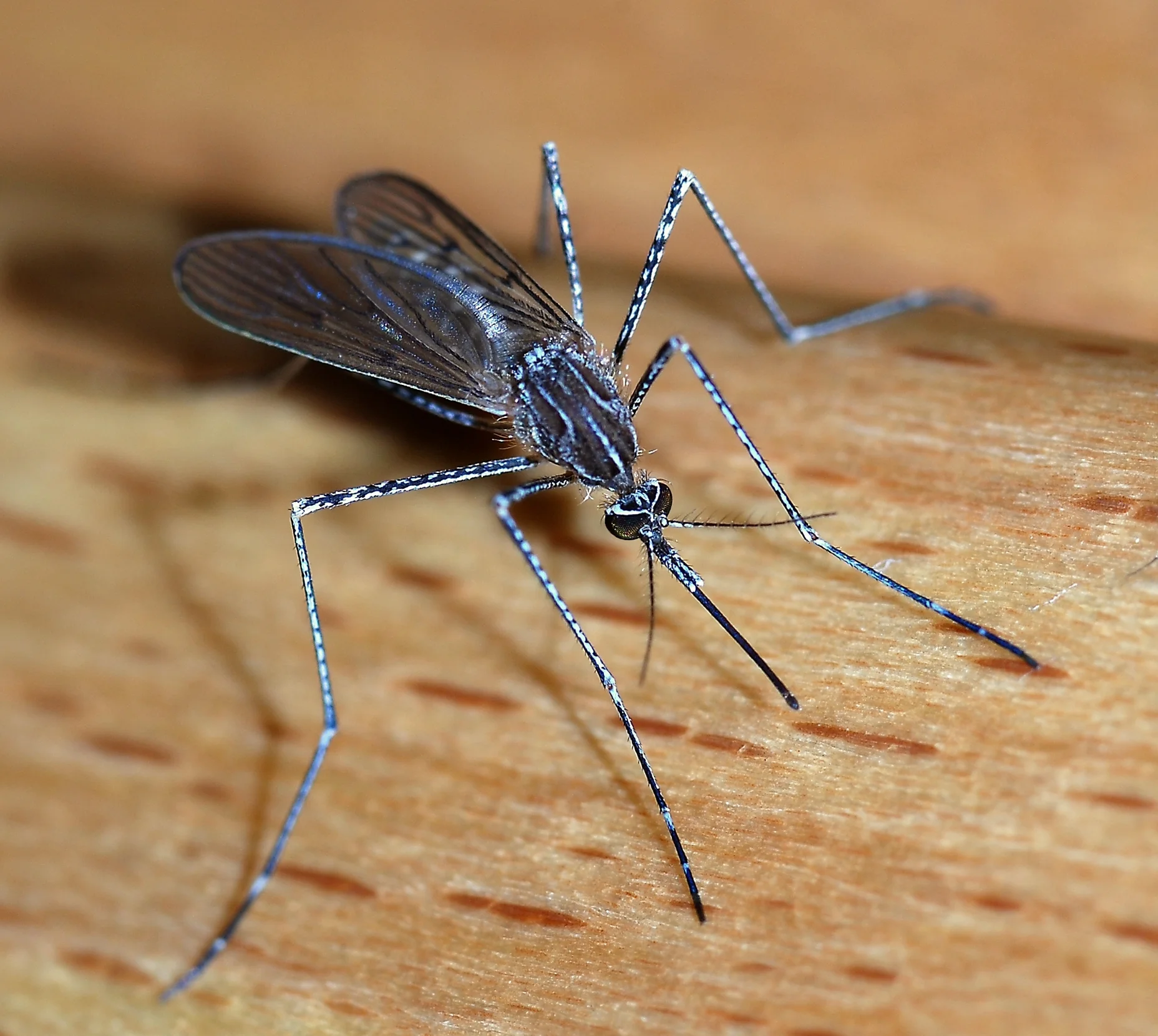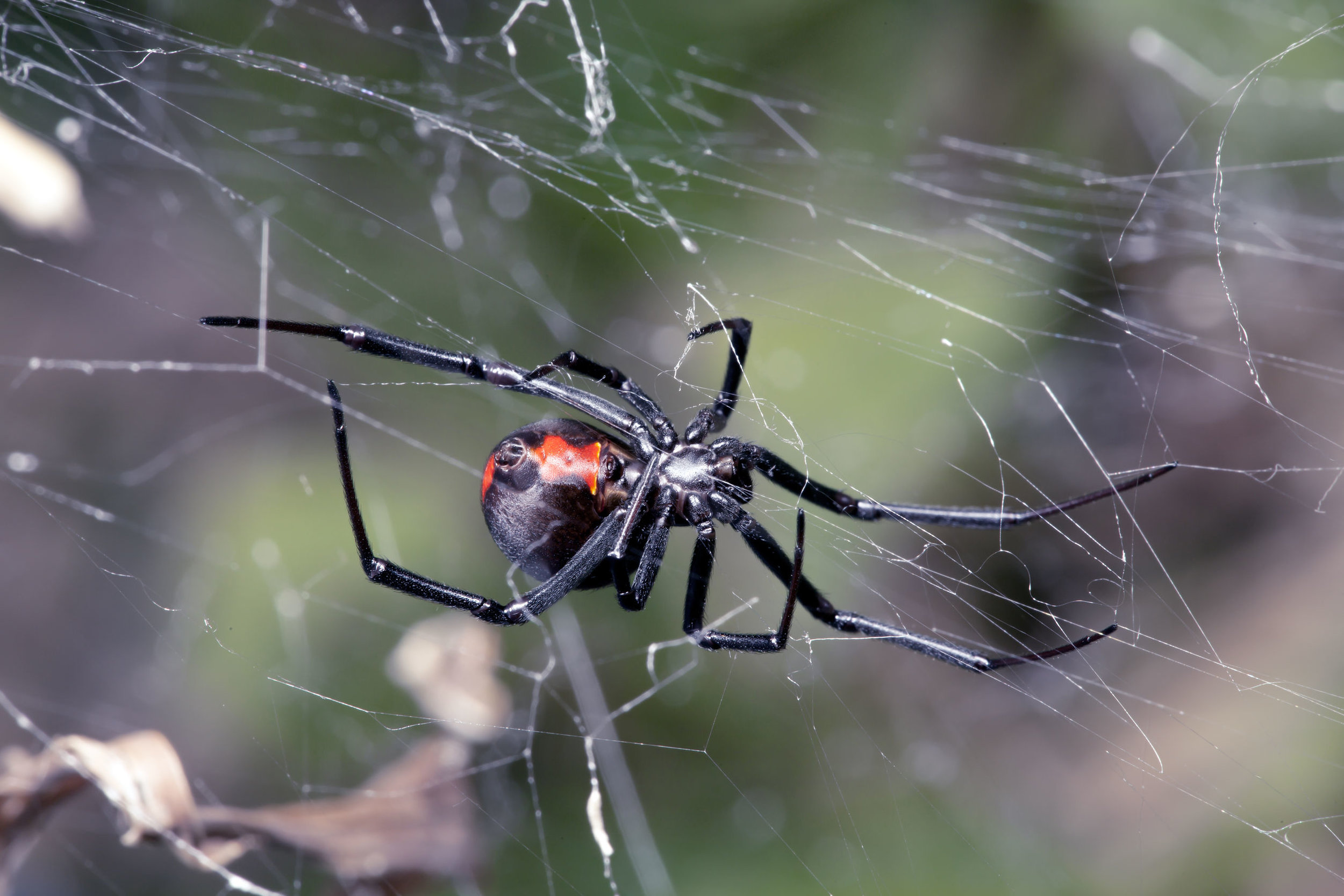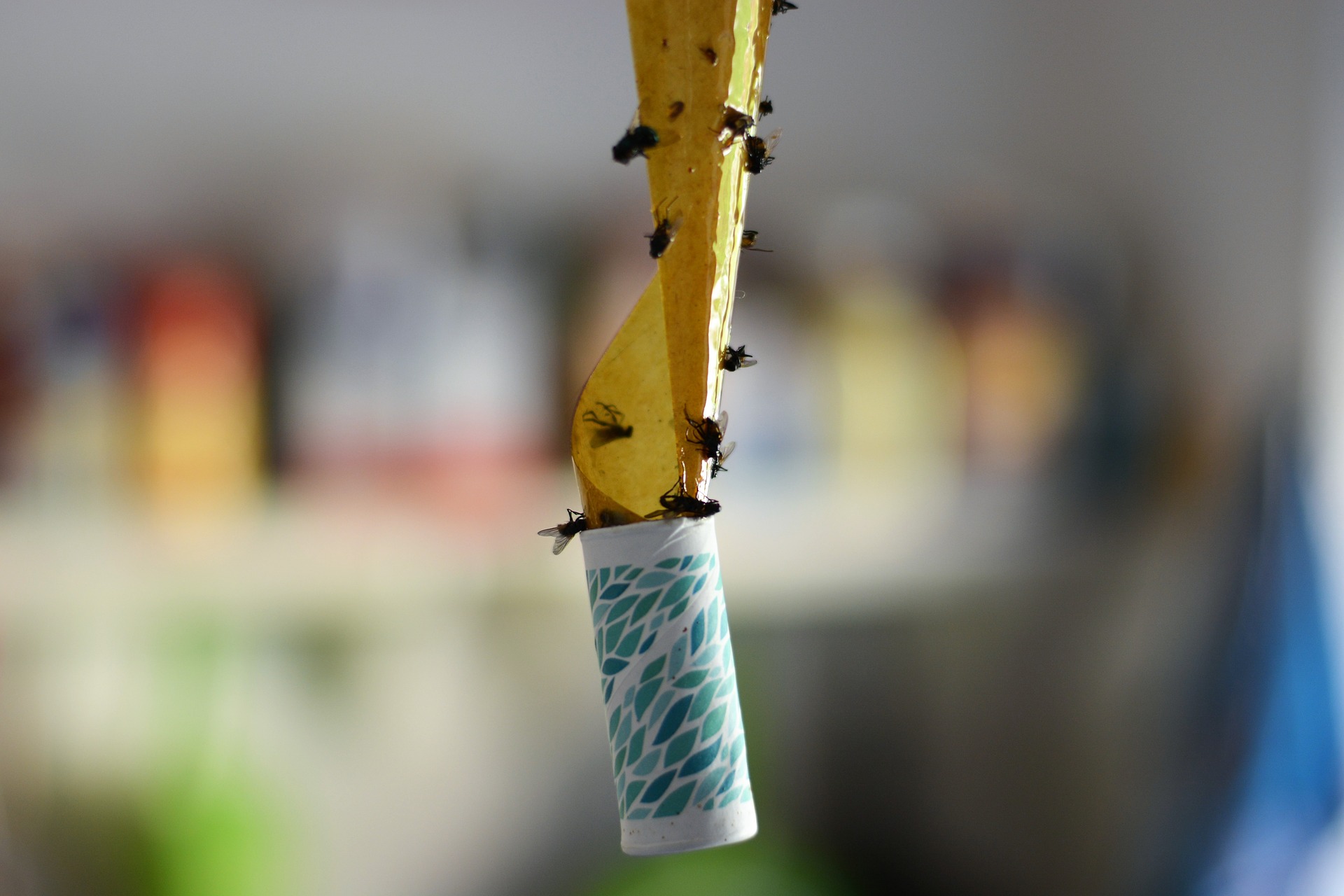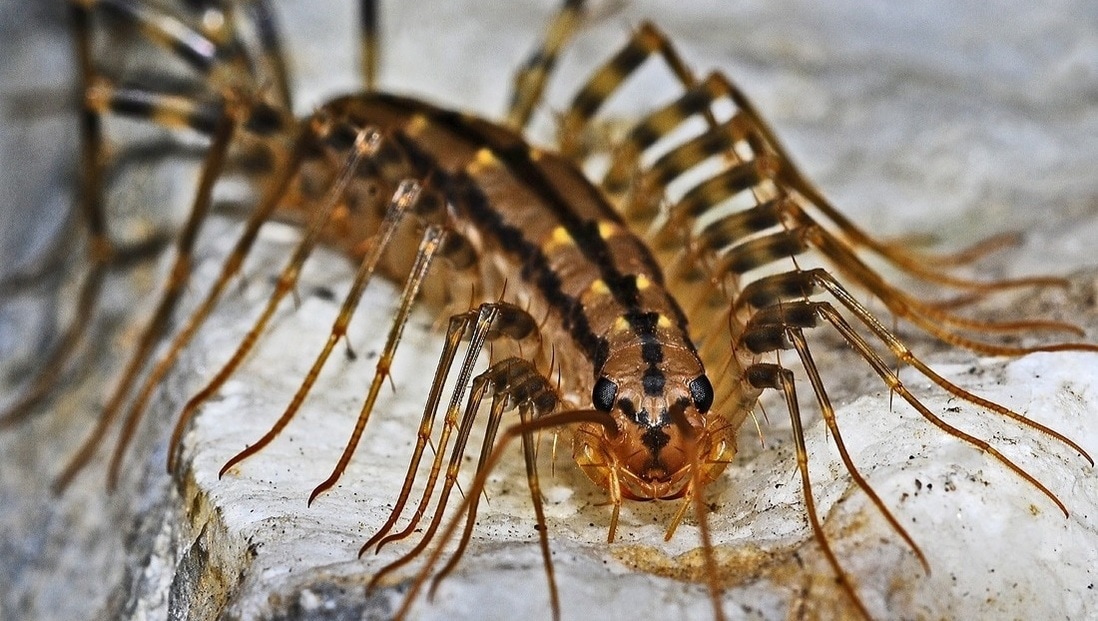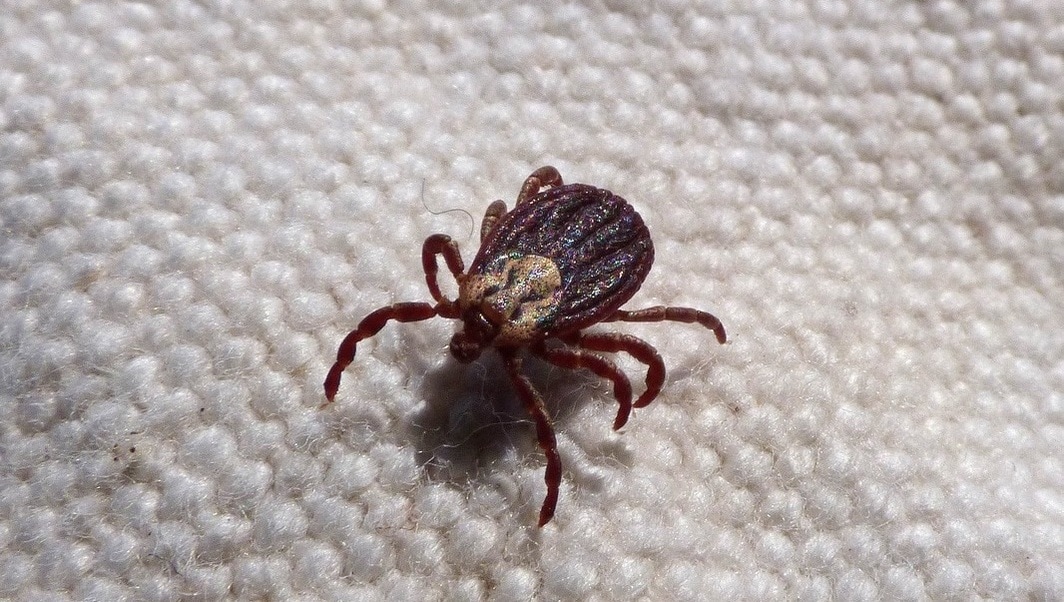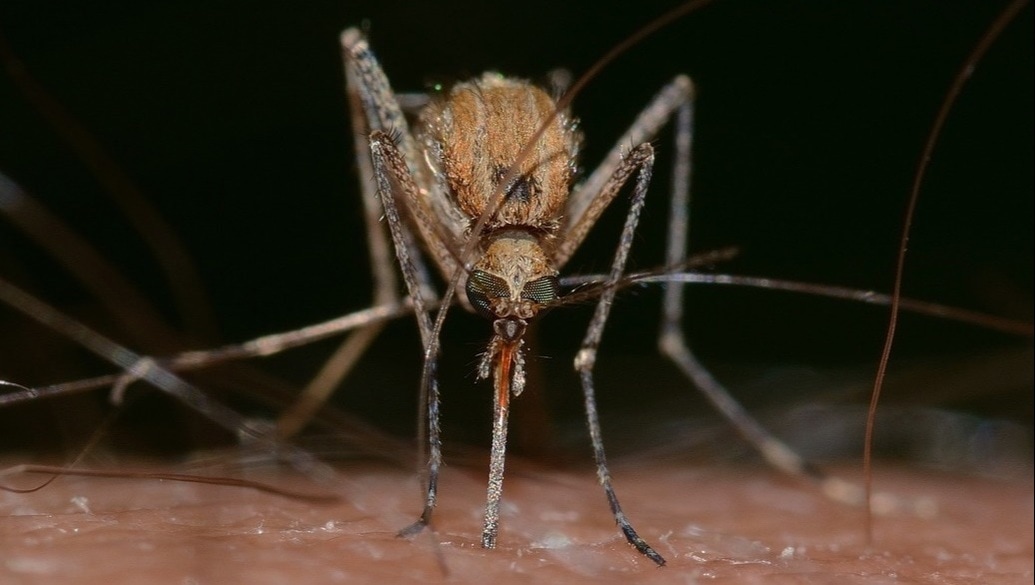When winter falls upon the land, most pests go into a deep state of hibernation but, there are a few pests that begin entering homes seeking out warmth and food for those long, dark winter months. Pest professionals freely advise homeowners to take precautionary measures against winter pests such as mice, rats, cockroaches and spiders for good reason. Follow our quick guide below and learn how to easily prevent these four winter pests from entering your home.
Mice
Mice are likely the most popular pest during winter months. The common house mouse will usually nest in dark out of the way areas. Attics, basements, and crawl spaces are very ideal for them to hold up in during the winter months. If left undisturbed, mice can cause property damage. Mice can chew directly through drywall and thin layers of wood. They can bite on electrical wiring causing sparks and electrical fires. Mice are also capable of contaminating stored food products and spread diseases like salmonella as they go from one bag or box of food to the next.
Our quick tips:
- Seal up cracks and crevices on the outside of the home with steel wool.
- Keep areas free of clutter since mice like to hide in tight spaces.
- Inspect your home for signs of mice like their droppings, chew marks and damaged food containers.
Rats
Rats will often nest in basements, mounds of debris, and piles of undisturbed materials. Rats will typically gnaw through almost anything including plastic and pipes to obtain food and water. Like mice, rats are vectors of diseases, making them a serious threat to public health at times.
Our quick tips:
- Since rats can fit through holes as small as half an inch, inspect your home for gaps and cracks. If found, fill with steel wool.
- Eliminate moisture in crawl spaces and basements. Check to see that pipes and other such utility lines are secure.
- Inspect your home for signs of rats including rub marks caused by oil in a rats fur, droppings, urine, and gnaw marks.
German Cockroach
German cockroaches are one of the most common roaches found in commercial and residential buildings throughout the world. German roaches prefer living in cracks and crevices close to food and water making the kitchens and bathrooms of homes a perfect habitat for them. German cockroaches will enter the home via paper and plastic bags from groceries, boxes from deliveries, and secondhand (or rented) appliances. German roaches can and will, if let go, contaminate food and spread bacteria, as well as certain human pathogens. Most startling and according to the CDC, cockroaches inside the home are considered allergens, and can exacerbate the symptoms of asthma, especially in children.
Our quick tips:
- Keep your counters and floors clean and wiped free of food debris.
- Vacuum your home frequently and take out the garbage regularly.
- Focus hard cleaning efforts in your kitchen and bathrooms with added attention under appliances and sinks.
Spiders
Some spiders prefer spinning their webs in undisturbed locations inside the home. Closets, attics, and basements are likely areas within the home where spiders remain throughout winter months. Some spiders, like the brown recluse may be found inside cardboard boxes brought into the home during the holiday season. Black widows, typically found within or on objects dark in color, may be brought inside the home too during this time. Spiders tend to tuck themselves away near and along window frames, in the corners of rooms, and in seldom-used shoes hidden in the back of closets. All spiders have venom but the brown recluse and black widow may bite making them a danger to both children and adults.
Our quick tips:
- Trim trees and shrubs away from your house and cut limbs that overhang your roof.
- Store seldom-used items in plastic containers since spiders like to hide inside almost anything undisturbed.
- If you suspect you have been bitten by a spider seek medical attention as soon as possible because infections may occur.




